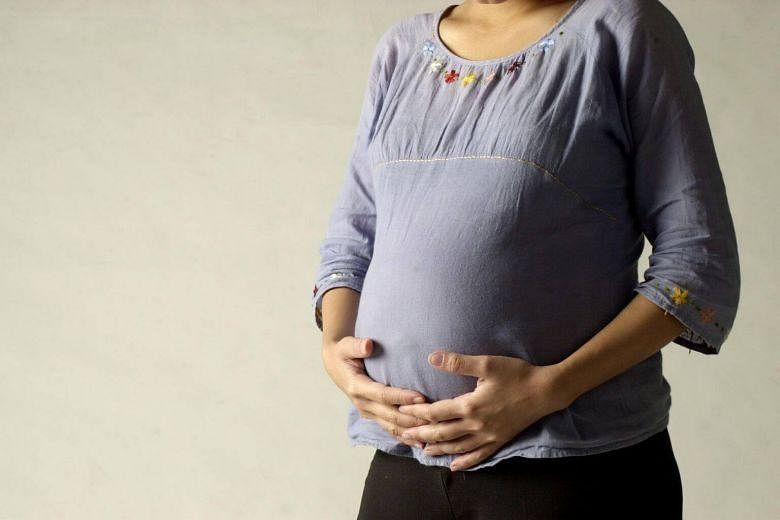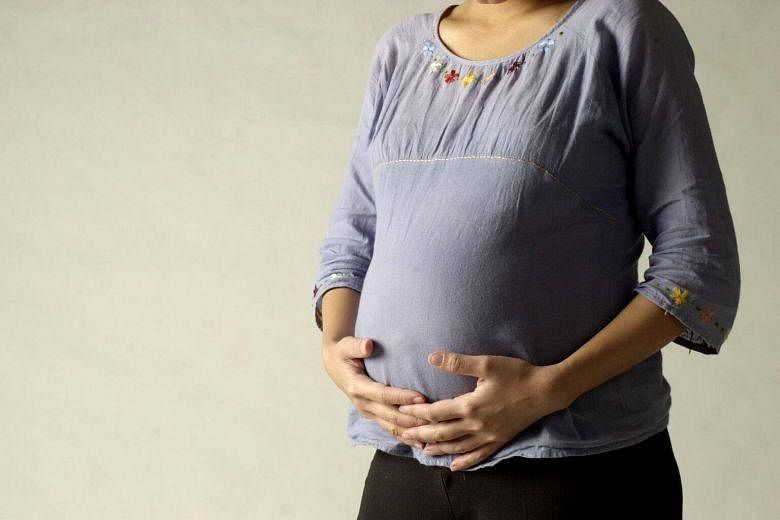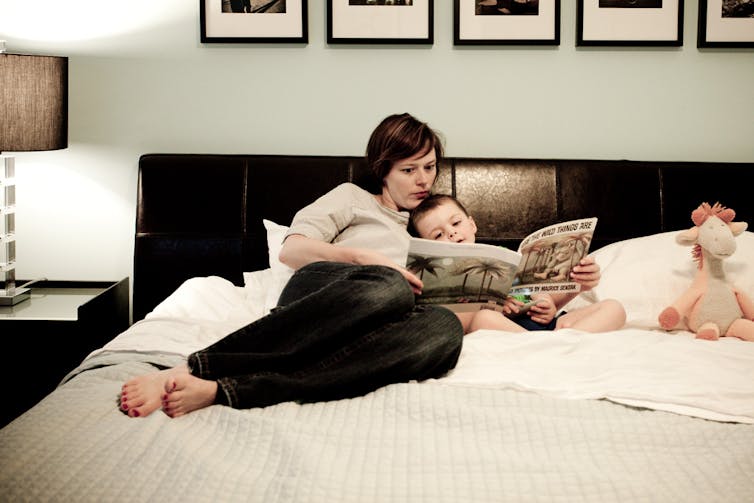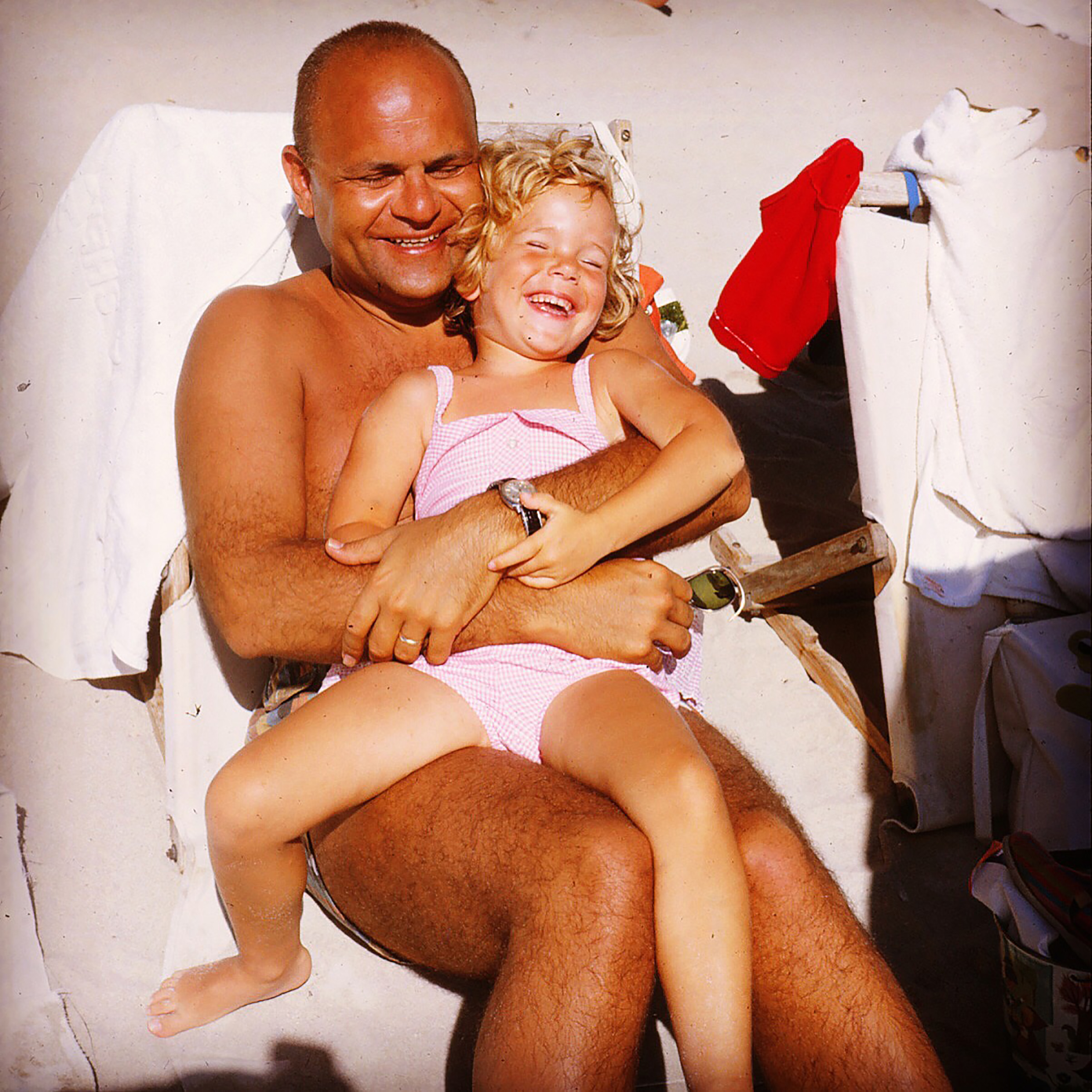Angelica Cheng
Active Member
Hi, me and my husband are thinking very hard about using an egg donation to conceive a child. One of the key issues we have to consider is to tell our future child the truth about his or her conception through an egg donor. This is to prevent the child from being hurt if he or she suddenly find out about the truth later either from:
1) Careless slip of our tongue from ourselves as parents. Sometimes when we get too emotional during a quarrel, we may say things that we later regret.
2) Our relatives leaking it out, if we choose to use my cousin as egg donor.
3) DNA testing and ancestry websites. The child may have his/her DNA tested in the future and load the results on a website. He or she may then find some unexpected blood relatives, get into contact with them and gradually realize the truth.
I would like to hear your opinion.
This is an excerpt from a straits times article:

 www.straitstimes.com
www.straitstimes.com
One issue couples have to consider is to tell their child at some point that he was conceived through a donor egg, Ms Faessler-Moro said.
"Almost 100 per cent of couples do not want to tell their child at first. They have a big fear of their child rejecting them (if they are told) or the child not being accepted by other family members or by their friends," she said.
She encourages couples to disclose this fact before their child enters school, as overseas research has found that keeping the fact a secret affects the child and strains the parent-child relationship, especially if the child learns about it later.
Here are other interesting articles as well:

 www.straitstimes.com
www.straitstimes.com

 www.straitstimes.com
www.straitstimes.com
1) Careless slip of our tongue from ourselves as parents. Sometimes when we get too emotional during a quarrel, we may say things that we later regret.
2) Our relatives leaking it out, if we choose to use my cousin as egg donor.
3) DNA testing and ancestry websites. The child may have his/her DNA tested in the future and load the results on a website. He or she may then find some unexpected blood relatives, get into contact with them and gradually realize the truth.
I would like to hear your opinion.
This is an excerpt from a straits times article:

Egg donors come to the rescue of couples with fertility issues
A stranger was the answer to Anna's fervent prayer for children. . Read more at straitstimes.com.
One issue couples have to consider is to tell their child at some point that he was conceived through a donor egg, Ms Faessler-Moro said.
"Almost 100 per cent of couples do not want to tell their child at first. They have a big fear of their child rejecting them (if they are told) or the child not being accepted by other family members or by their friends," she said.
She encourages couples to disclose this fact before their child enters school, as overseas research has found that keeping the fact a secret affects the child and strains the parent-child relationship, especially if the child learns about it later.
Here are other interesting articles as well:

Have donor registry for IVF to avoid genetic issues
Adjunct Associate Professor Tan Heng Hao in his Forum letter said that women receiving egg donation face psychological barriers (Menopausal women seeking IVF: Guidelines being worked out, Sept 28). Read more at straitstimes.com.

Forum: Look into latest legal, ethical issues in egg, sperm donation
I thank the Ministry of Health (MOH) for its reply to my letter, which assured the public that it will continue to closely monitor developments in safeguards for sperm and egg donation (3 live births per sperm donor among safeguards against genetic issues, Oct 7). Read more at straitstimes.com.
Last edited:








